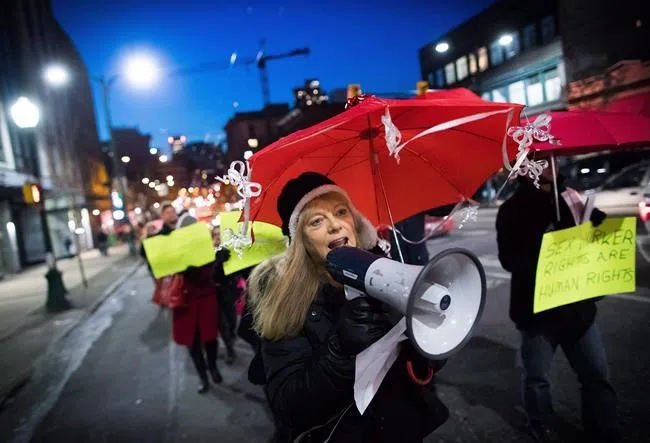
Abortion rights advocate calls for more clarity on summer jobs program
OTTAWA — A reproductive rights advocate who urged the Liberals to deny summer job grants to groups pushing for restricted access to abortion said the government may have gone a step too far in rolling out the changes.
Joyce Arthur, executive director of the Abortion Rights Coalition of Canada, said she supports what she believes was the government’s primary goal: targeting organizations that would hire students to undermine reproductive rights, or discriminate against the LGBTQ community.
“They are not interested in stopping churches or whatever,” Arthur said. “It’s really all about anti-choice groups or anti-LGBT groups.”
Faith-based organizations are welcome to seek federal funding to create summer jobs for youth, the government says, but they are being asked to attest to their respect for sexual and reproductive rights — including “the right to access safe and legal abortions” — as well as other human rights.
